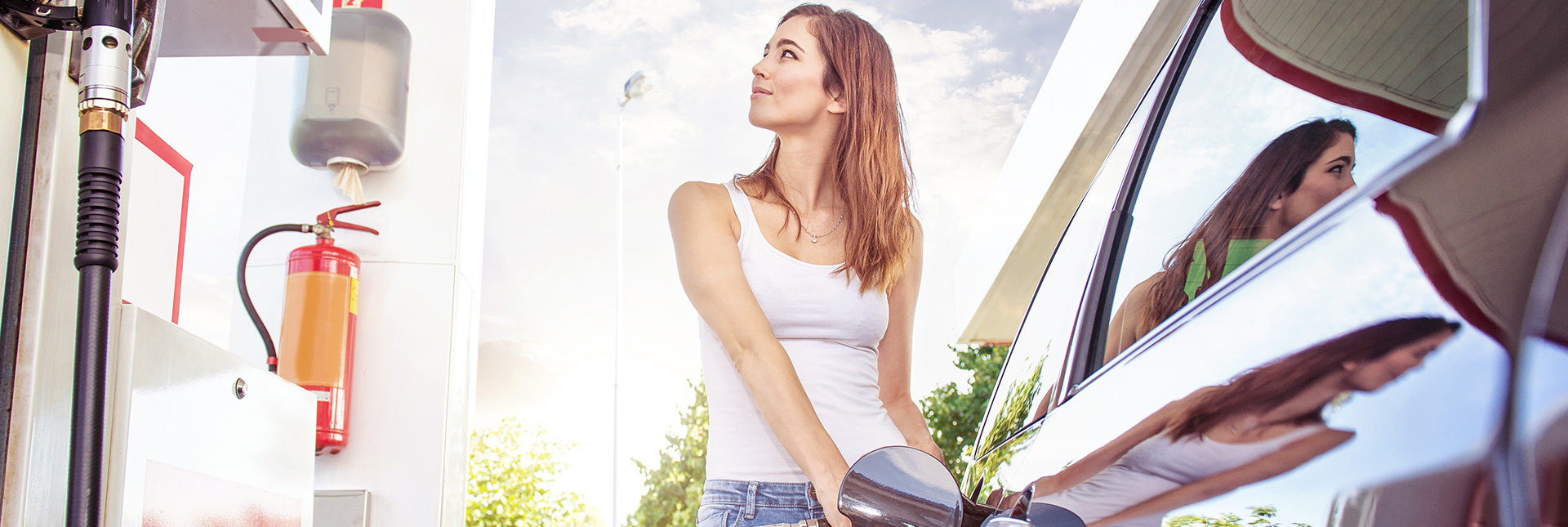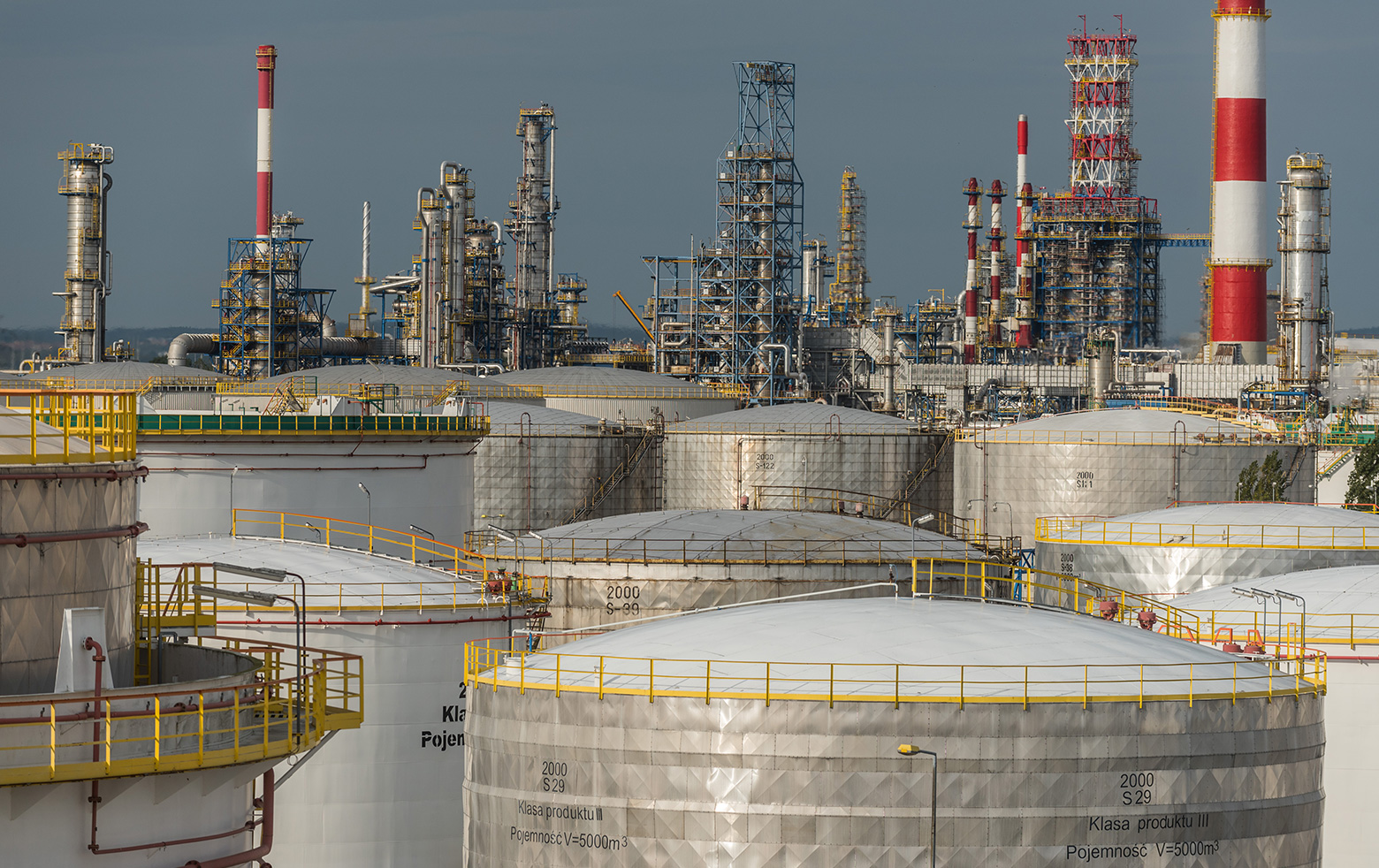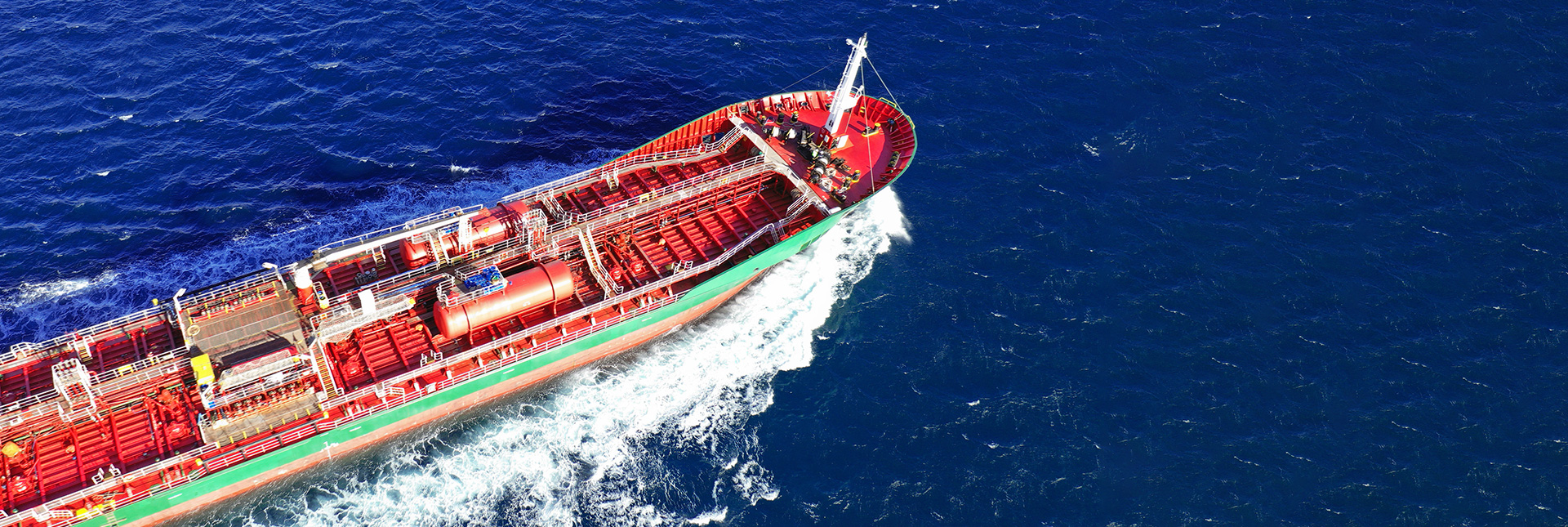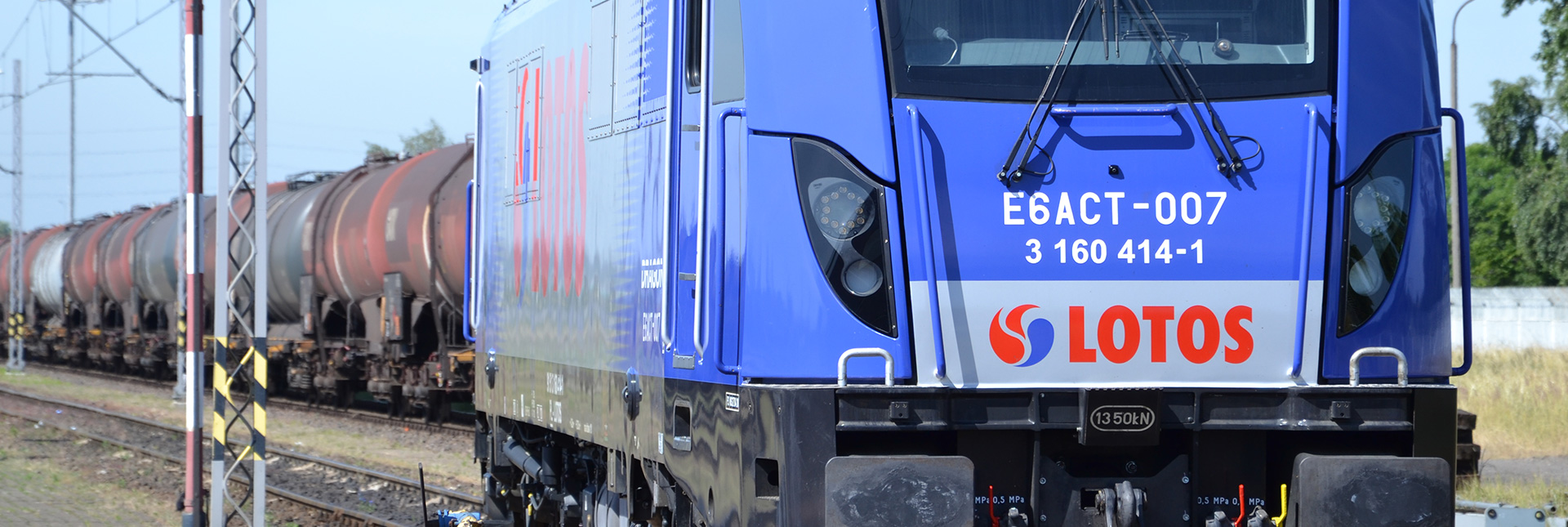After the 12 months of 2021, the balance of supply and demand on the Polish gasoline, diesel oil and light fuel oil market was negative. The largest deficit, in line with a trend continuing for several years, was recorded in diesel supply. The gap between diesel production and consumption was 4.3 million cubic metres (3.6 million tonnes). In 2021, the Polish market also saw a deficit of gasoline (886,000 cubic metres or 669 thousand tonnes). The light fuel oil market was almost balanced.
In 2021, the LOTOS Group strengthened its existing and developed new trading relationships with key customers. Further development of these key customer relationships was supported by the Group’s reliability as a supplier, the services offered and the quality of fuels supplied.
Within individual business units, Grupa LOTOS took steps to maximise profits, focusing on customers with the greatest growth potential and reviewing its geographical structure to exploit the logistics network in an economically viable way.
Seeking and optimising wholesale synergies between Grupa LOTOS S.A. and LOTOS Paliwa were a factor taken into account in defining the scale and scope of business relationships with customers. The aim of the measures was to maximise margins amid growing prices of refinery feedstocks, surging prices of energy carriers and utilities used in refining processes, including prices of CO2 emission allowances, volatile product prices and the rebounding demand for fuels following gradual lifting of COVID-19-related restrictions.
In 2021, the LOTOS Group’s wholesale operations focused on:
- expanding its business with customers to place the volumes of diesel oil delivered by EFRA Project units;
- flexibly managing target groups/sales channels in Poland to place fuel products in the most efficient way while ensuring transaction security;
- consolidating sales within the group of strategic customers;
- strengthening its position on existing markets,
- effective implementation of the pricing policy, including, as of December 20th, 2021, under new national regulations enacted in response to rising inflation




